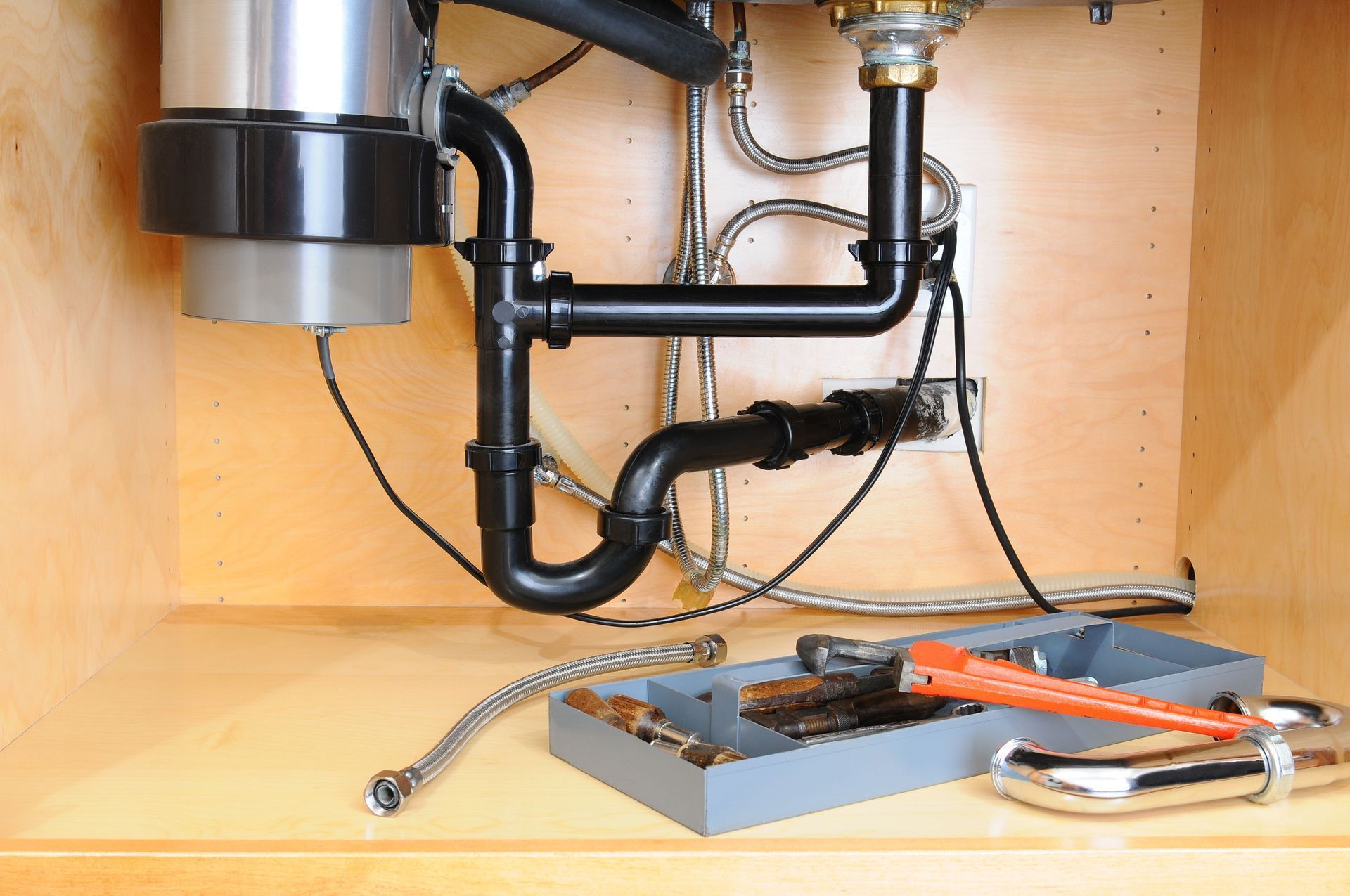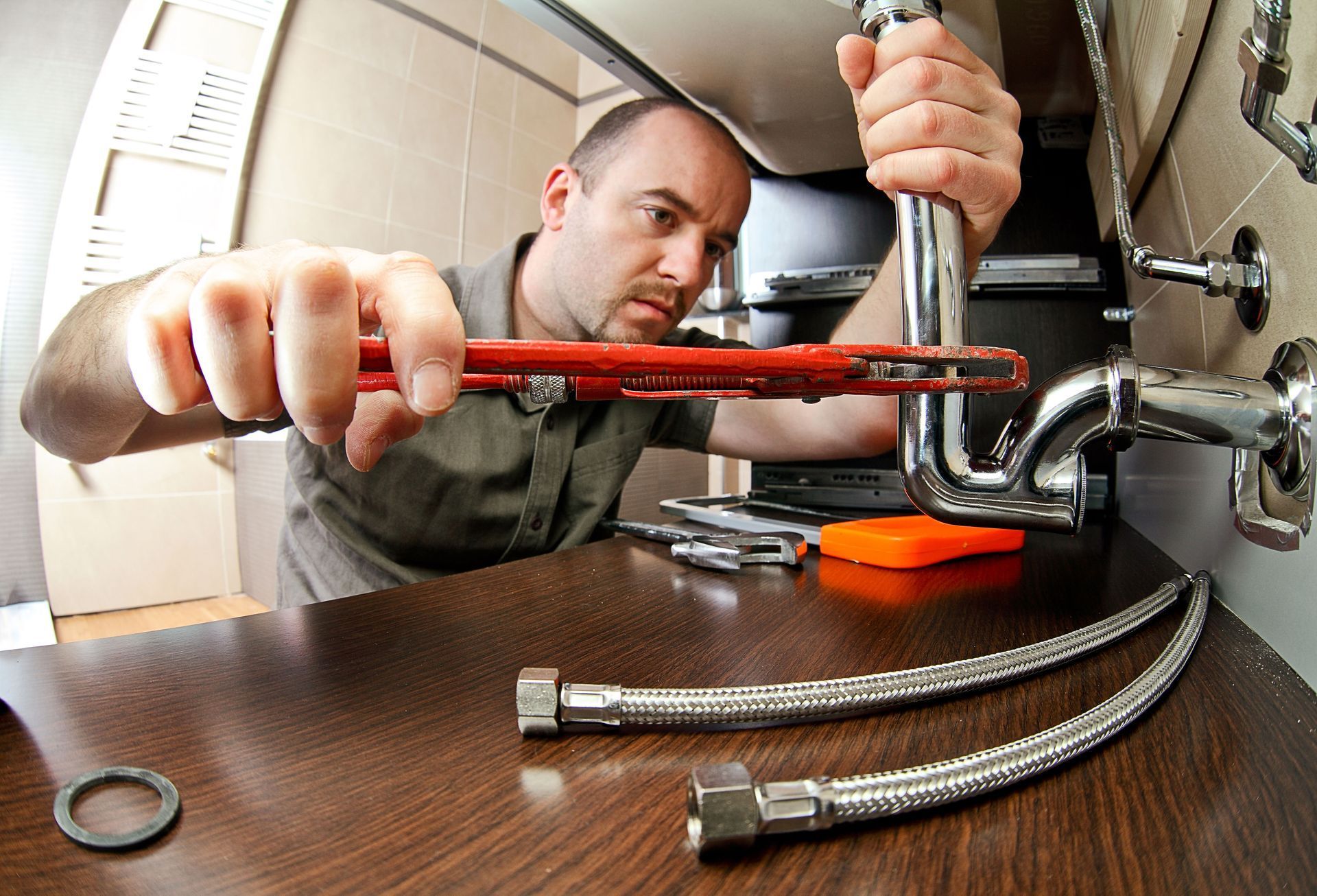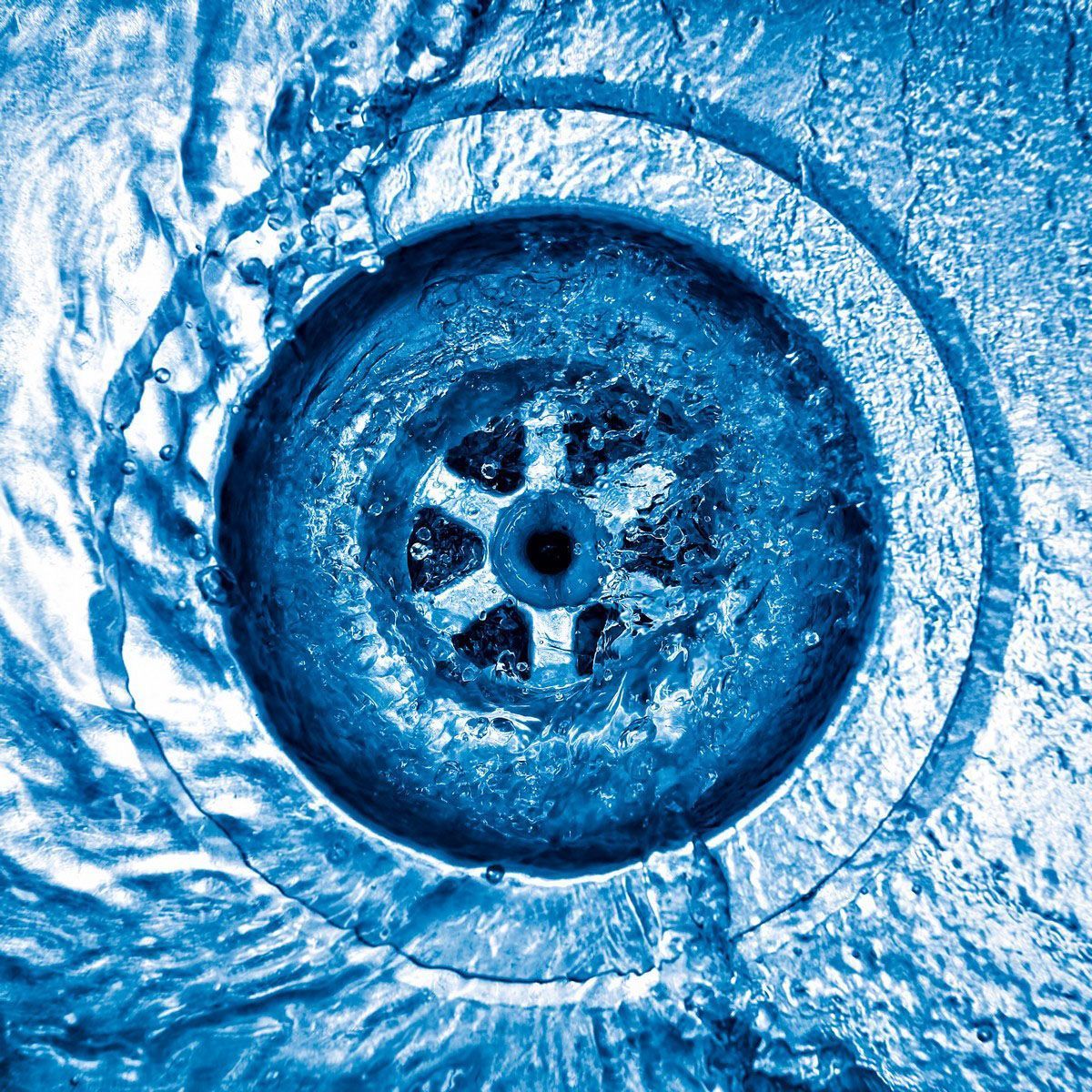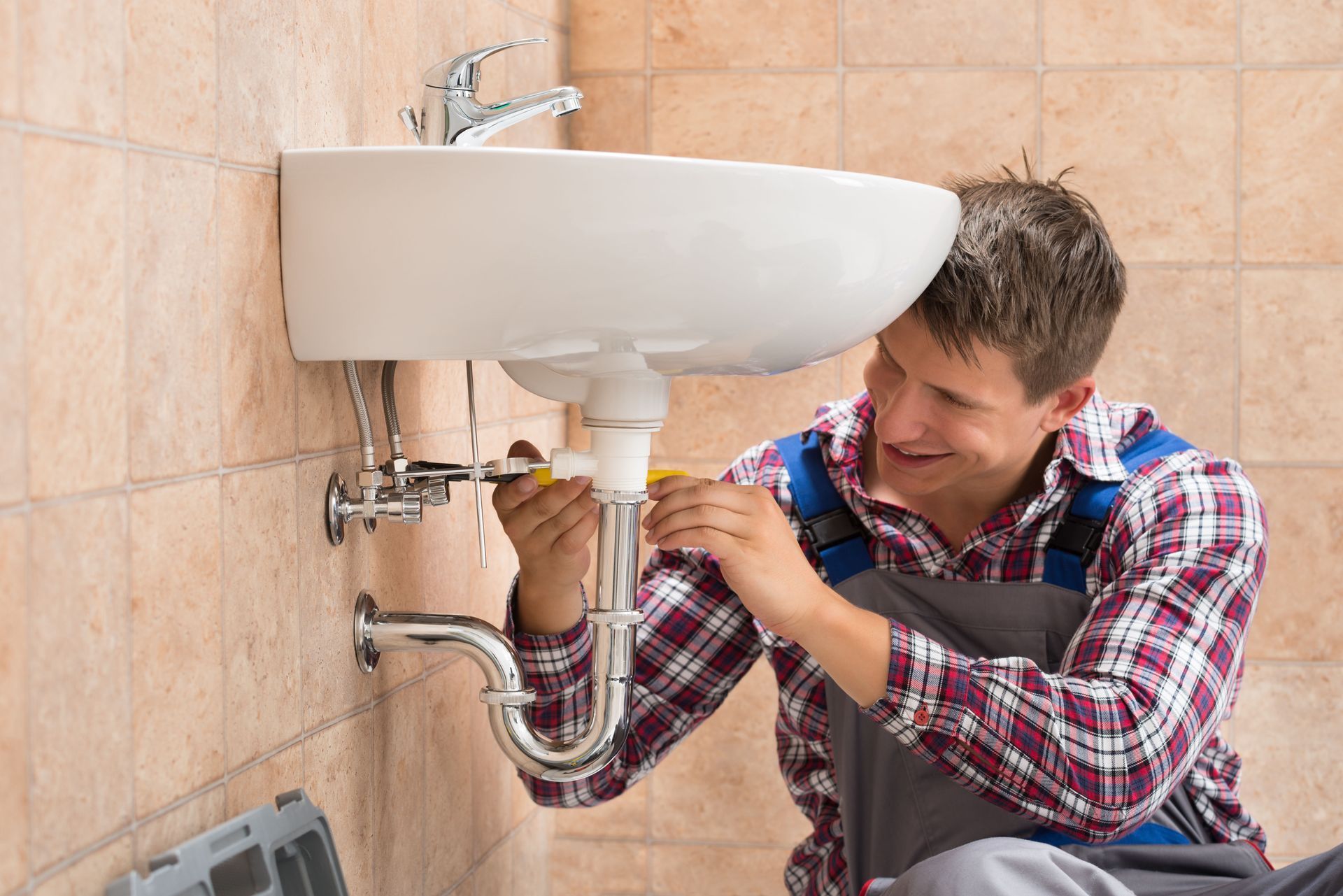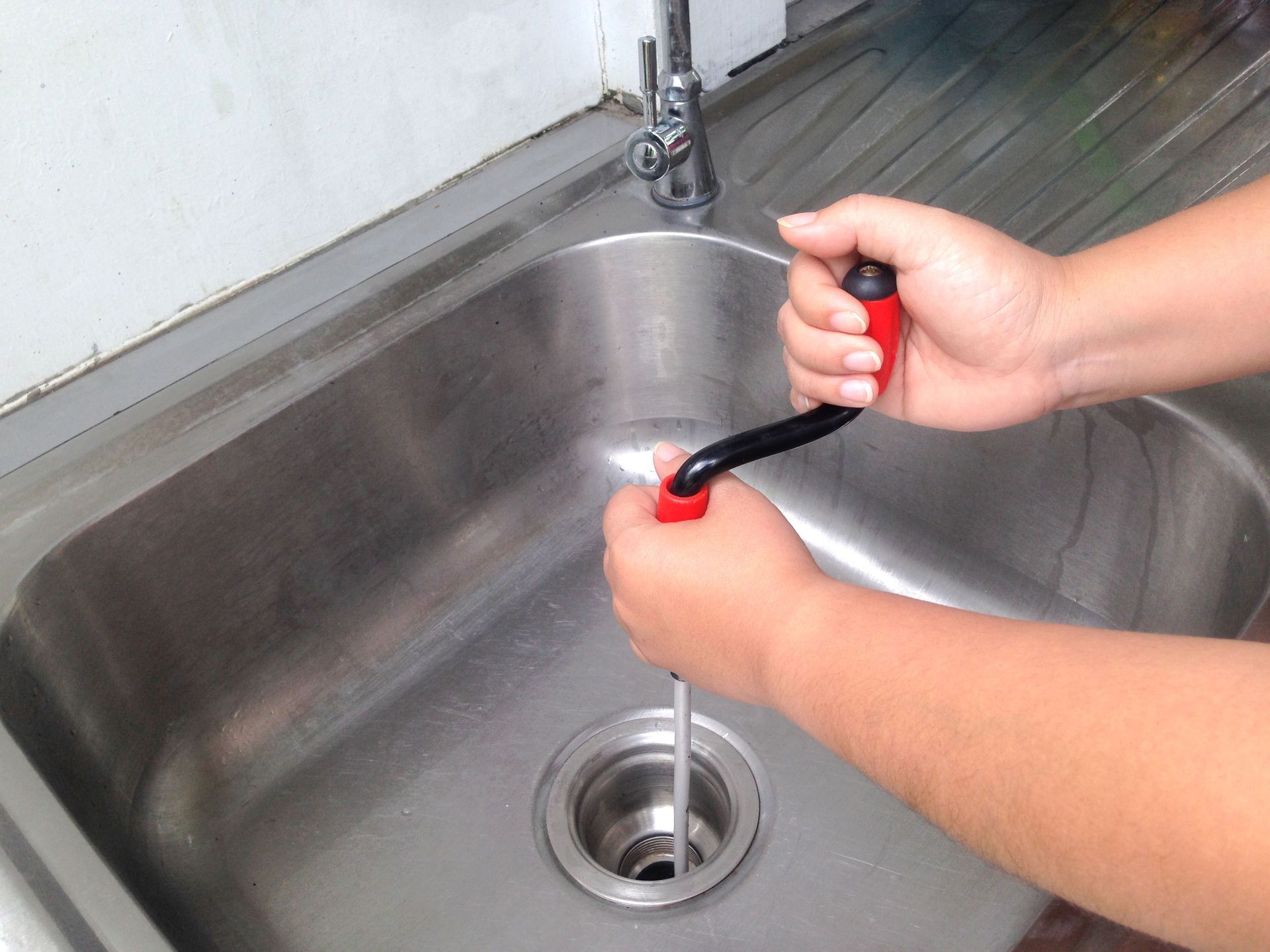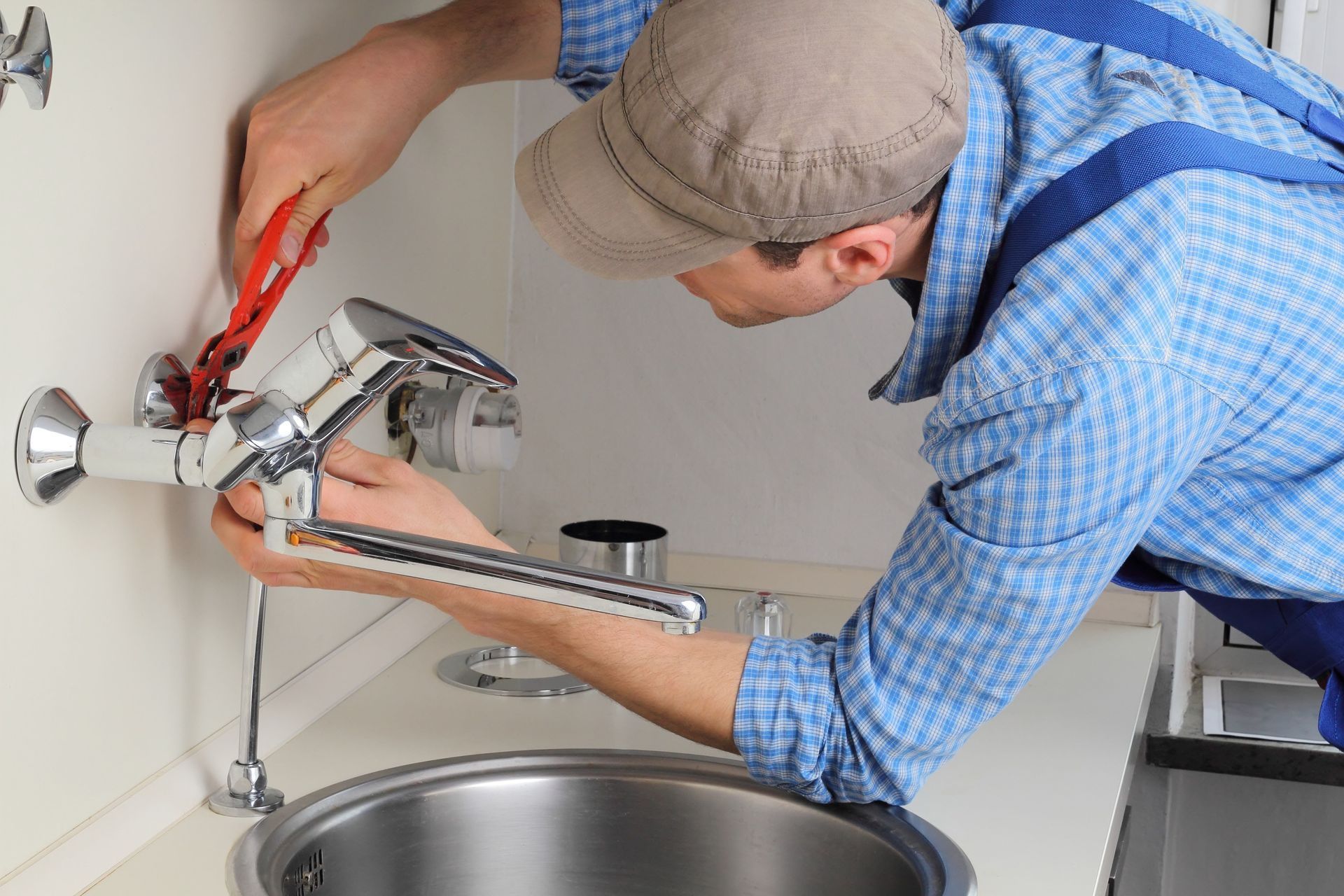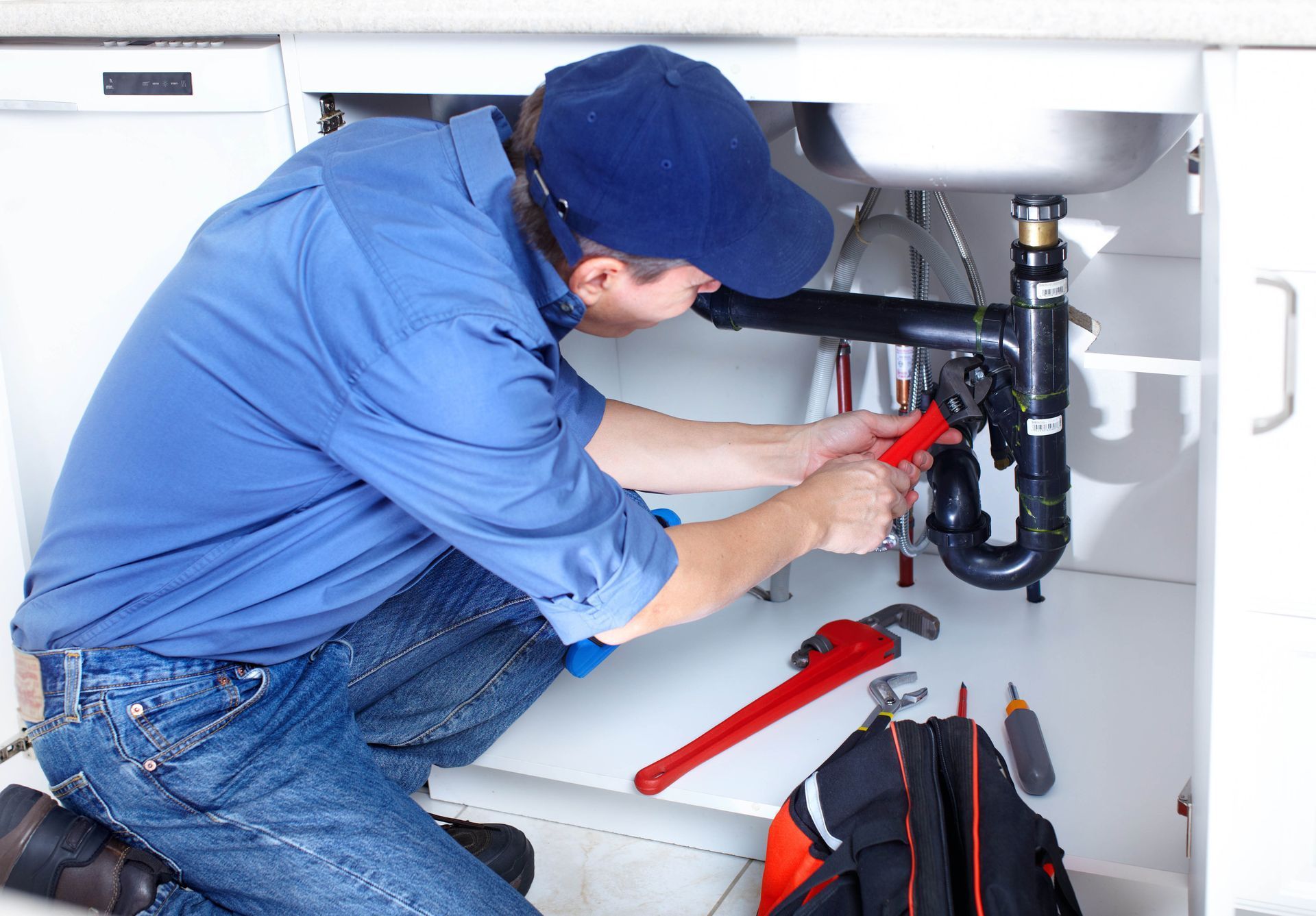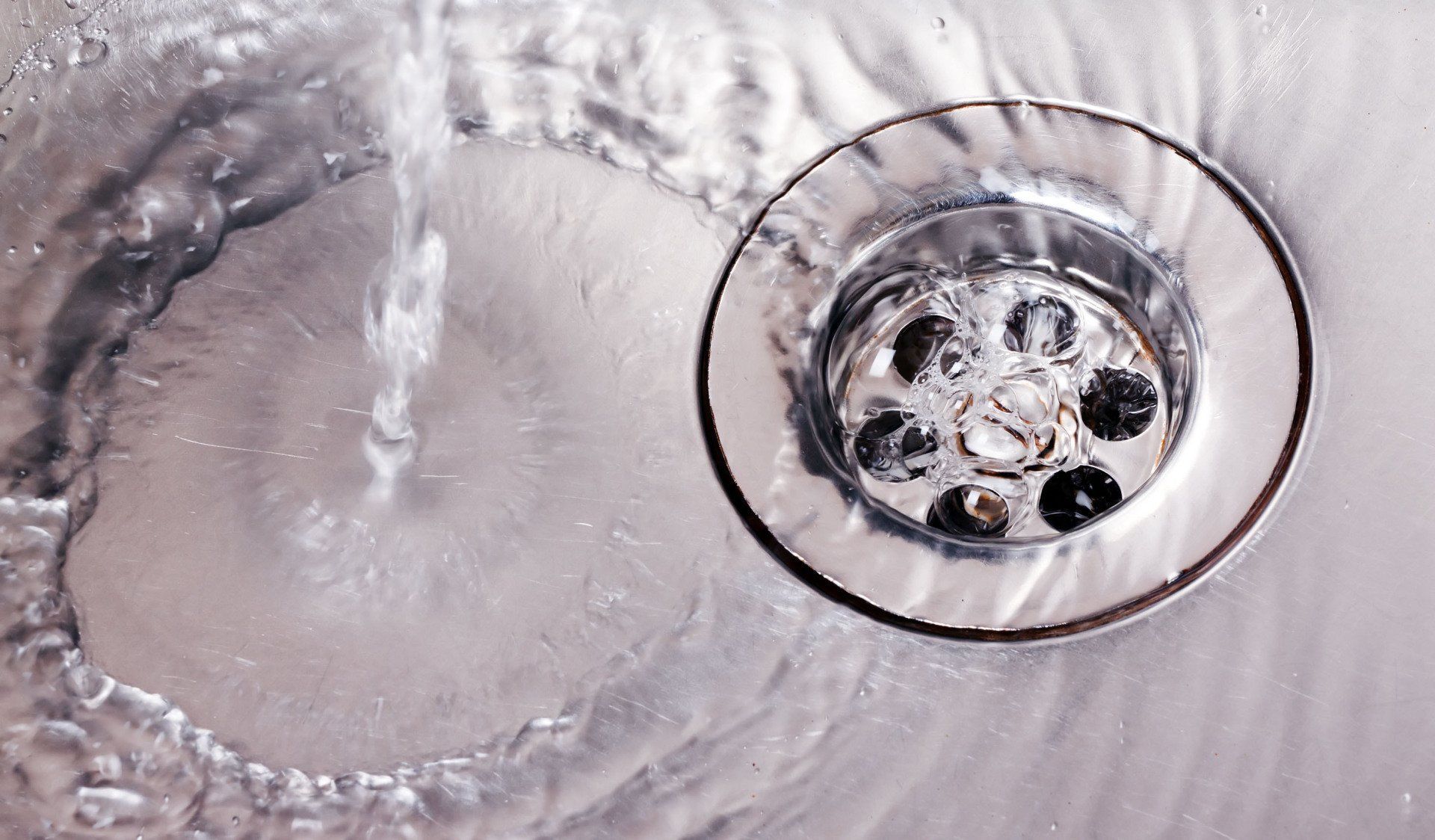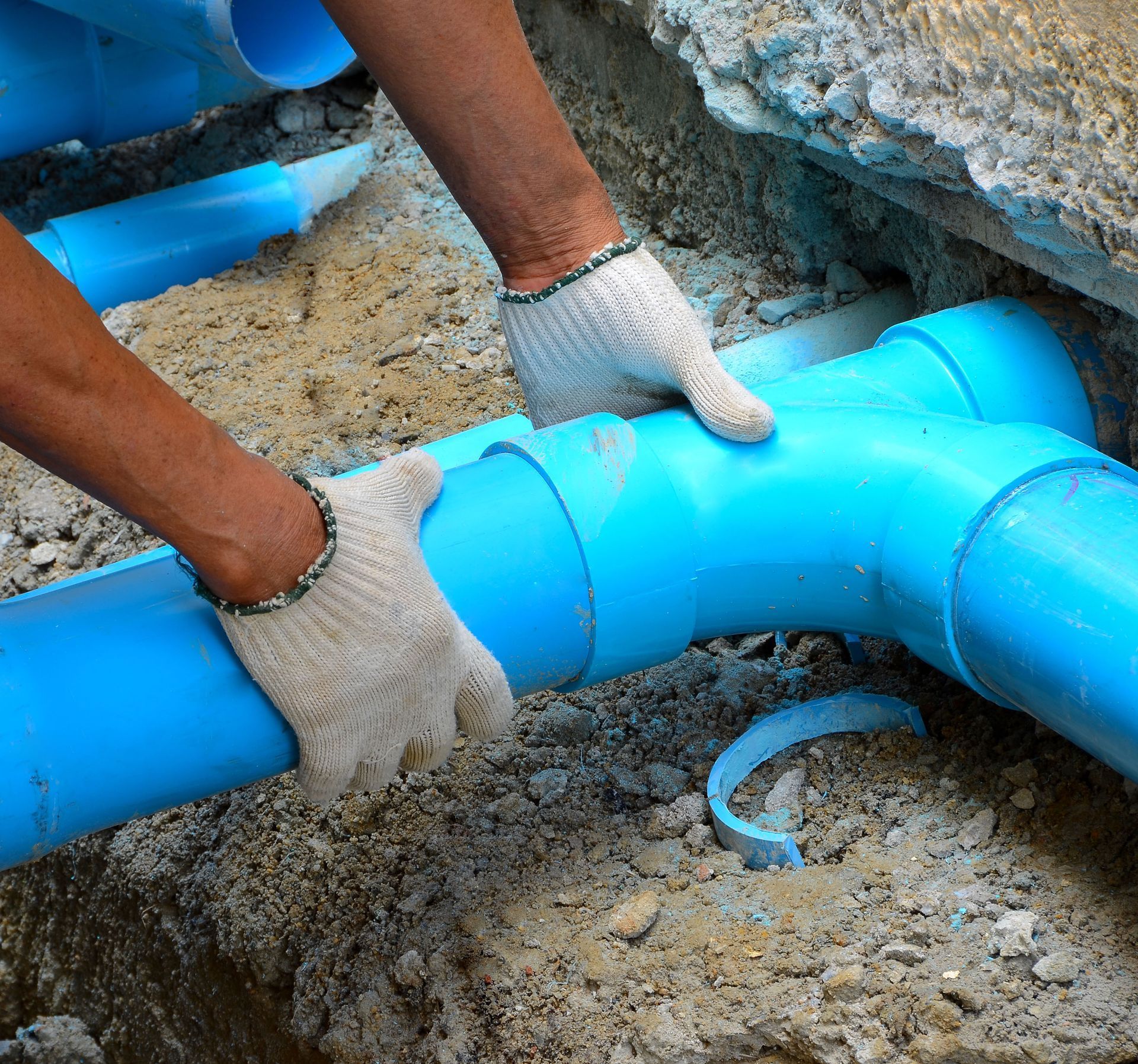The Checklist for What Garbage Disposals Can and Can't Handle
Garbage disposals have become an essential kitchen appliance for many households, as they provide a convenient way to dispose of food waste. However, not everything can be safely tossed into the disposal unit. Understanding what your garbage disposal can handle is crucial for maintaining its functionality and avoiding costly garbage disposal repairs. Let's walk through a comprehensive checklist of items your garbage disposal can manage, along with some tips on what to avoid to keep this handy device in top condition.
1. Fruits and Vegetables
Fruits and vegetables are typically safe for most garbage disposals, provided they are cut into smaller pieces. These organic materials are easily broken down by the unit's blades and help to flush down accompanying waste. However, avoid peels from hard fruits like bananas and potatoes, as they can create a fibrous mass that might clog the disposal. If you're mindful about keeping these types of waste out of your disposal, you can maintain its efficiency while reducing your household's contribution to global waste. Remember, the U.S. produces more than 12% of the planet's trash, according to Environment America, so every effort to manage waste is crucial.
2. Cooked Meat Scraps
While cooked meat scraps can technically be processed by many garbage disposals, it's wise to limit the quantity. Smaller portions are key, as large amounts of fat and grease from meats can accumulate and cause blockages over time, resulting in the need for garbage disposal repairs. Bones, gristle, and tough skin should always be discarded separately, as they can jam or damage the blades. To avoid the development of foul odors or operational issues, scrape excess fat off before placing the scraps in the disposal and always run cold water during and after use to solidify any residual grease, aiding in its effective removal. Regularly flushing the system with dish soap can also help maintain performance.
3. Small Bones
Surprisingly, small poultry or fish bones can be handled by some robust garbage disposals. These bones can help clean the unit by scraping along the sides as they grind down. Nevertheless, moderation is essential, as larger bones can dull the grinding mechanisms or cause mechanical stress. Frequent disposal of even small bones can lead to wear over time, especially in older or less powerful units. Before introducing bones, consult your disposal’s manual to understand its limitations, and prefer composting for larger remnants to both protect your appliance and promote environmental sustainability. When in doubt, discard bones in the trash to avoid unnecessary garbage disposal repairs.
4. Bread and Pasta
Bread and pasta are generally acceptable in small quantities since they break down easily. However, they can pose a problem if they swell with water and form a sticky paste. This paste can adhere to the disposal's sides or pipes, increasing the risk of buildup over time. To combat this, follow each use with plenty of water to ensure proper disposal and prevent clogs. Adding a small amount of dish soap while flushing can also help reduce residue. Being mindful about how much starchy material you feed into your unit will keep it running smoothly and negate potential plumbing issues that could arise from overloading.
5. Coffee Grounds
Coffee grounds often top the list of items mistakenly assumed safe for garbage disposal. While they provide grit that assists in cleaning, the fine particles can accumulate and cause blockages when not sufficiently flushed with water. Over time, this sediment can mix with grease and create a dense sludge inside pipes. For a safer approach, consider composting coffee grounds instead to minimize build-up and benefit your garden soil. Additionally, regularly cleaning your disposal unit prevents lingering odors and helps to ensure its longevity.
Adopting good practices around the use of your garbage disposal can significantly extend its lifespan and enhance its functionality. By discerning which items are fit for disposal and which are better managed through alternative waste methods, like composting, you contribute positively to both appliance maintenance and environmental health. The checklist covered here is a starting point for responsibly handling food waste—benefiting both your household's sanitation and the planet in the process. Remember, success with your garbage disposal often hinges on moderation and informed choices. If you suspect your garbage disposal isn't functioning like it should, call us at Hopke Sewer & Drain Inc for all your questions and garbage disposal repairs !

